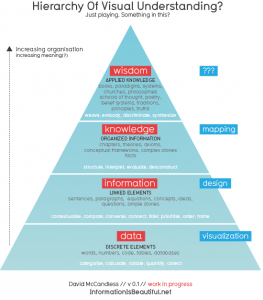A great, educational video via PrivitizationBeast.org, a web-based rallying cry to stop corporate takeovers of libraries.
Here’s a snippet from a recent blog post:
Last year, Santa Clarita’s City Council rammed through a vote to privatize their library system with very little community input. Community members were understandably outraged, and attended several public hearings requesting more community involvement in the decision-making process. Instead of listening to residents, the City Council created a “Citizen’s Advisory Committee” to review Santa Clarita’s library system and its needs and make recommendations for moving forward with LSSI. The committee had no decision-making power, and was widely criticized as a thinly veiled attempt to silence critics.Oh, but it gets better. The City Council invited LSSI executive Ron Dubberly to chair – or, technically, ‘facilitate’ – this committee. In other words, the committee created to advise on the city’s relationship with a private company is being controlled by that same private company. Dubberly has been President of LSSI’s Public Library Management Operations since 2008.[full post]
That’s madness and a little perturbing. Privatisation is not the best idea. There is no guarantee that privatising something will save costs. For example, last year the Ottawa city garbage workers were able to take away the trash at a cost lower than the lowest private-sector bid.
But, I don’t know if I totally agree with the slippery slope they lay out in the video. Used bookstores and cafés are not so onerous. In the case of cafés, there is an opportunity to build a locally focused business with a strong ethical aspects, such as a commitment fair trade coffee, compostable cups, etc. Also, no one really is against paying for photocopies, a long standing revenue stream used to offset the cost of the photocopying service. Read the rest of this entry »






